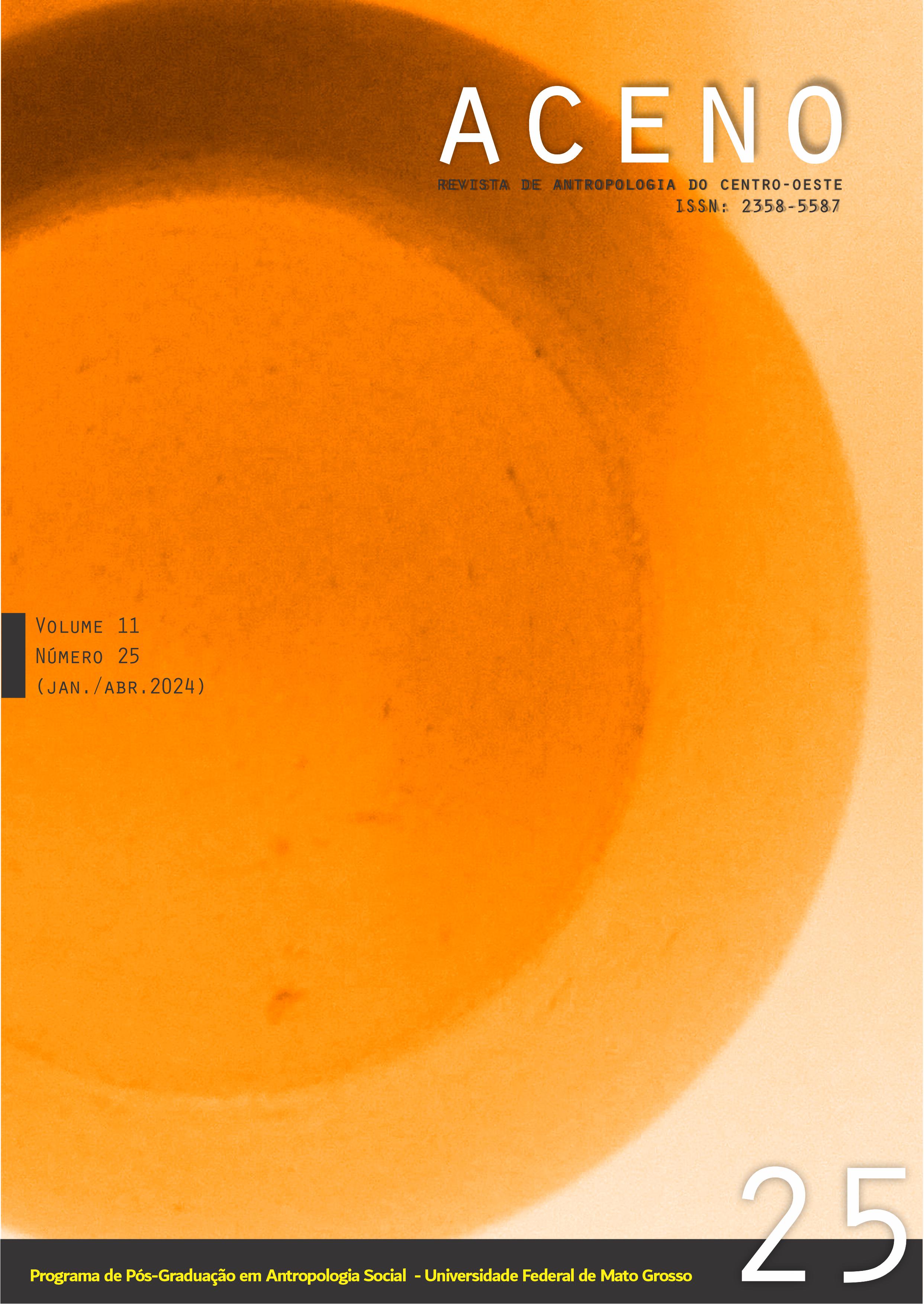Cosmopolitics and ethnopolitics in two ethnographic situations regarding studies of identification and demarcation of indigenous lands: the Migueleno and Baré in the Rio Negro case
DOI:
10.48074/aceno.v11i25.16323Abstract
The research covered the trails of epistemological debates about the notions of cosmopolitics and ethnopolitics, paying attention to pragmatic questions that emerged in two ethnographic situations related to studies of identification and demarcation of indigenous lands, oriented under the bureaucratic prerogatives of the Brazilian State. The studies took place in the Brazilian Amazonian context in distinct ethnographic scenarios with specific land peculiarities, but combined with similar historical situations, such as the consequences of colonial contact, which culminated in the partial deterritorialization of the indigenous collectives involved in the issue at hand: multiethnic populations of the Rio Negro/Baré and the Migueleno of the Guaporé basin in Rondônia. Methodologically, the research was based on ethnography as the main tool for information searches, as well as documents in public archives of state and private institutions were accessed. Theoretically, we are based on the epistemological bases of the debate about the notions of cosmopolitics and ethnopolitics around Amerindian perspectivism and the ontological turn. These categories and postulates imprinted us with reflections related to the processes resulting from studies of identification and demarcation of indigenous lands in the context of the Brazilian Amazon.Downloads
Published
2024-09-02
Issue
Section
Dossiê Cosmopolítica e Etnopolítica na Interseccionalidade do Movimento Indígena
License
As autoras ou autores cedem gratuita e automaticamente à Revista ACENO os direitos de reprodução e divulgação dos trabalhos publicados.














